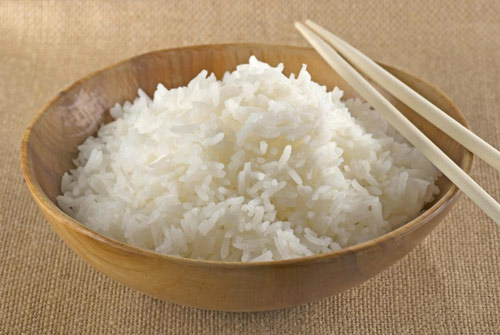据外媒报道,在中国,北方人吃面,南方人吃米,研究发现,这一差别造成了巨大的个性差异。以面食为主的北方人具有更多的个人主义倾向,离婚率更高。相比之下,爱吃米的南方人更多地表现出东亚文化的传统品质,离婚率更低。
据该研究的作者称,这是因为种植大米比种植小麦要难得多,需要邻里的协作,导致南方人的个人主义意识较弱,集体主义意识较强。

In China, as in many countries, the north-south divide runs deep. People from the north are seen as hale and hearty, while southerners are often portrayed as cunning, cultured traders. Northerners are taller than southerners. The north eats noodles, while the south eats rice—and according to new research, when it comes to personality, that difference has meant everything.
A study published Friday by a group of psychologists in the journal Science finds that China’s noodle-slurping northerners are more individualistic, show more “analytic thought” and divorce more frequently. By contrast, the authors write, rice-eating southerners show more hallmarks traditionally associated with East Asian culture, including more “holistic thought” and lower divorce rates.
The reason? Cultivating rice, the authors say, is a lot harder. Picture a rice paddy, its delicate seedlings tucked in a bed of water. They require careful tending and many hours of labor—by some estimates, twice as much as wheat—as well as reliance on irrigation systems that require neighborly cooperation. As the authors write, for southerners growing rice, “strict self-reliance might have meant starvation.”
Growing wheat, by contrast, the north’s staple grain, is much simpler. One Chinese farming guide from the 1600s quoted in the study advised aspiring farmers that “if one is short of labor power, it is best to grow wheat.”
To produce their findings, the authors evaluated the attitudes of 1,162 Han Chinese students in Beijing and Liaoning in the north and in Fujian, Guangdong, Yunnan and Sichuan in the south. To control for other factors that distinguish the north and south—such as climate, dialect and contact with herding cultures—the authors also analyzed differences between various neighboring counties in five central provinces along China’s rice-wheat border.
According to the authors, the influence of rice cultivation can help explain East Asia’s “strangely persistent interdependence.” For example, they say South Korea and Japan have remained less individualistic than Western countries, even as they’ve grown more wealthy.
The authors aren’t alone in observing the influence various crops have on shaping culture. Malcolm Gladwell in his 2008 book “Outliers” also drew connections between a hard-working ethic (measured by a willingness to fill out long, tedious questionnaires) to a historical tradition of rice cultivation in places such as South Korea, Taiwan and Japan, given that the farming of such crops is arguably an equally tedious chore.
But what will happen to such differences after people move away from tending such crops, as is now happening across China? The study cites findings that US regions settled by Scottish and Irish herders show more violence even long after most herders’ descendants have found other lines of work as evidence that cultural traits stubbornly resist change, even over time. (Herders, psychologists theorize, are ready to put their lives on the line to protect their animals against thieves or attack.)
“In the case of China,” the authors conclude, “only time will tell.”
(来源:blogs.wsj.com 编辑:丹妮)